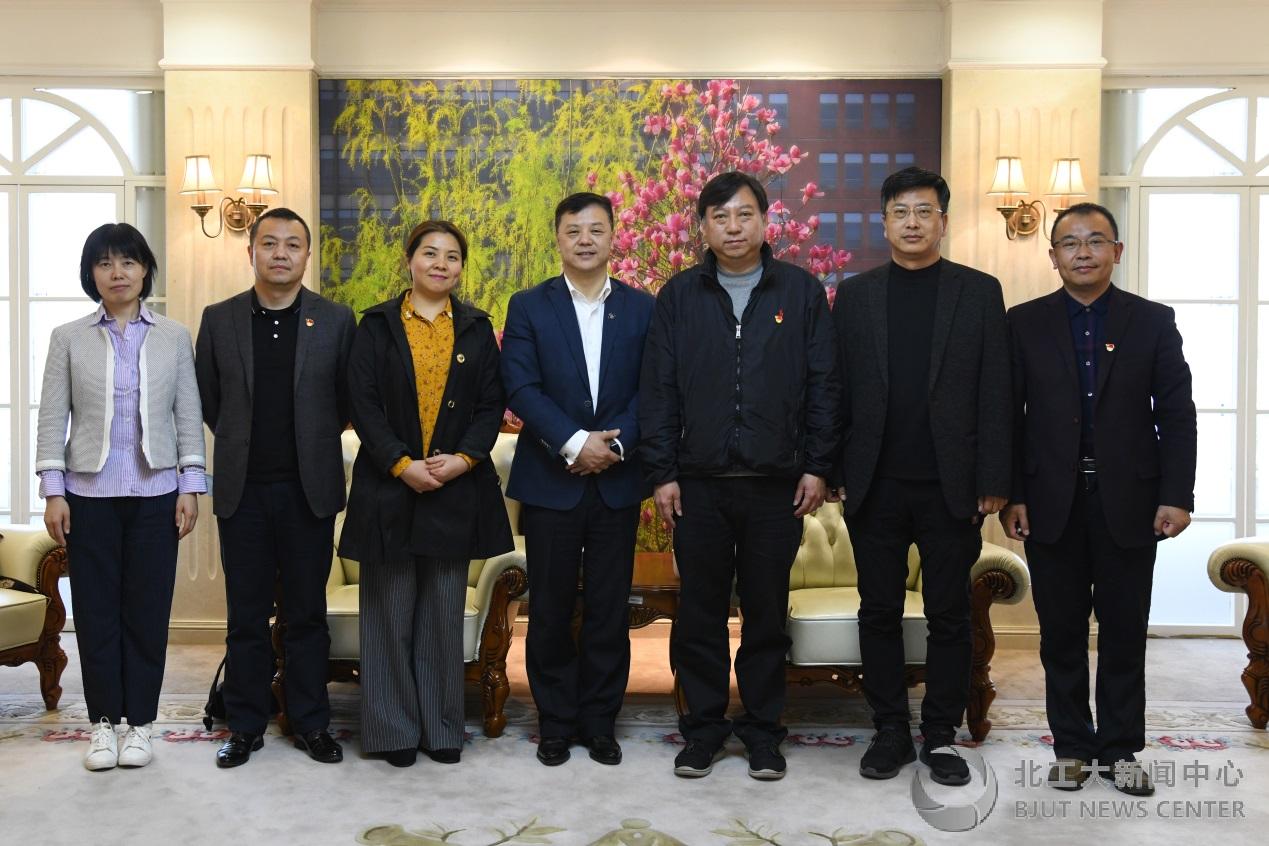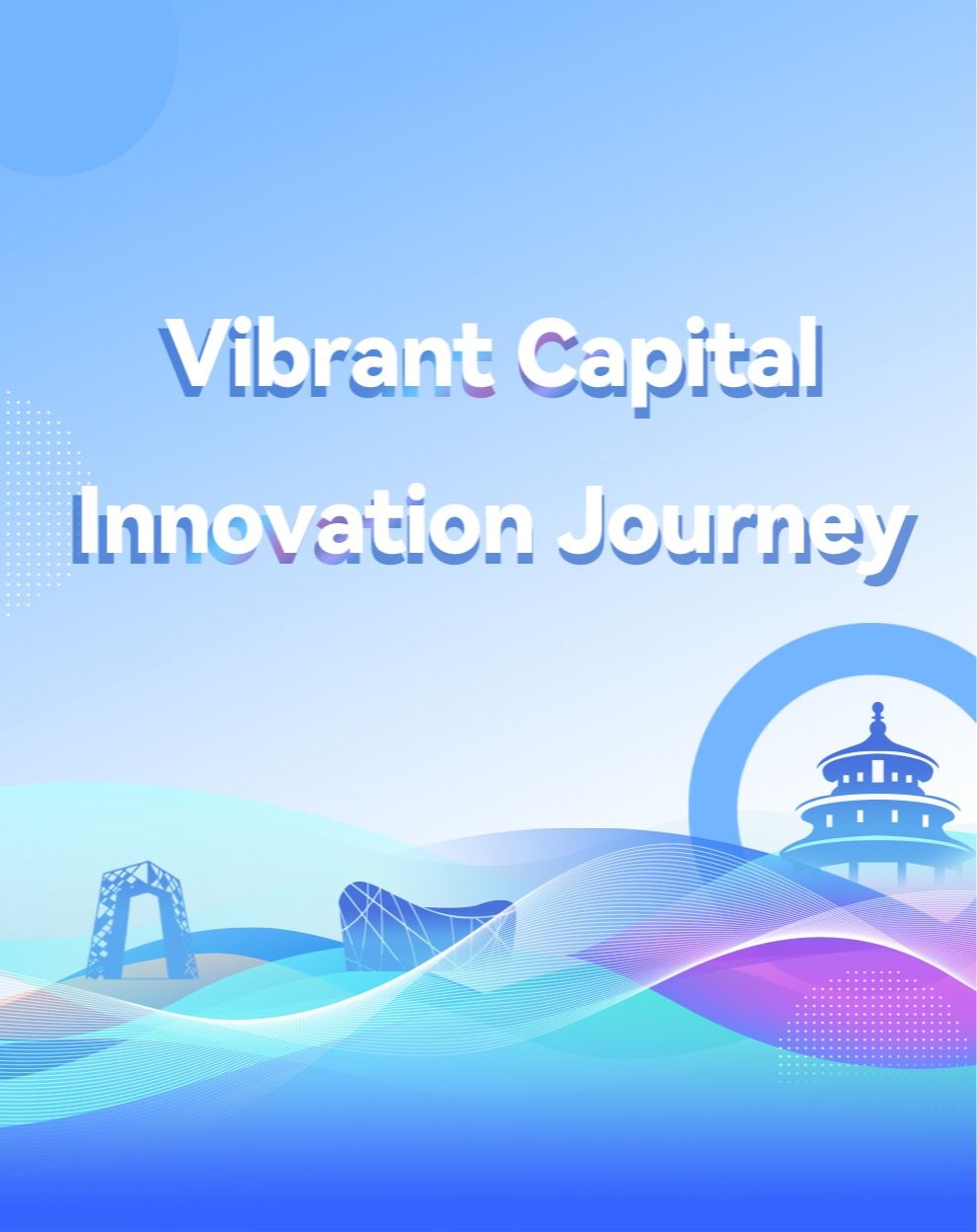On March 31,Yang Xu, alumnus of BJUT, Global Vice President of IBM and General Manager of Finance Business Department in China and Xie Qing, Director of IBM University Cooperation Department, visited BJUT to discuss the university-enterprise cooperation.

Vice President Guo Fu met with the delegation led by Vice President Yang Xu and expressed the gratitude to Yang Xu for his support for the development of BJUT. In the discussion, he highlighted the importance of the great support from IBM, one of the most powerful information technology and business solution companies in the world, in BJUT’s development incomputer-related disciplines and its internationalization; he hoped that both sides would carry out in-depth cooperation to promote the common development.
Vice President Yang Xu recognized the positive exchanges and cooperation in terms of scientific research, curriculum construction, faculty development, and innovation training camp between IBM and BJUT in the past 20 years and proposed further cooperation depending on the platforms such as IBM Academy Program and Design Thinking Training Camp in the future.
Both sides conducted the extensive and in-depth discussions on the customized training of talents, industry-university-research cooperation, establishment of scholarships, organization of scientific and technological academic activities and joint laboratory. The meeting was attended by the leaders from the Faculty of Information Technology and the External Cooperation Liaison Office.
On the same day, an open class of innovation and entrepreneurship on the topic of "Five Trends and Beyond - Make Yourself Ready in an Uncertain World" was lectured by Vice President Yang Xu for the students. Combining the detailed data and rich cases, he shared the development trend of enterprises in the post-epidemic era with a special attention to the employment methods of enterprises, and showed the students the future talent capability model. After the report, Vice President Yang Xu exchanged views with the students on issues such as internal and external circulations, economic differences between North and South, and green and low-carbon strategies. The students have benefited a lot and got a better understanding of future technological development hotspots and the demands of enterprises, and formed a clearer plan for their future development.






